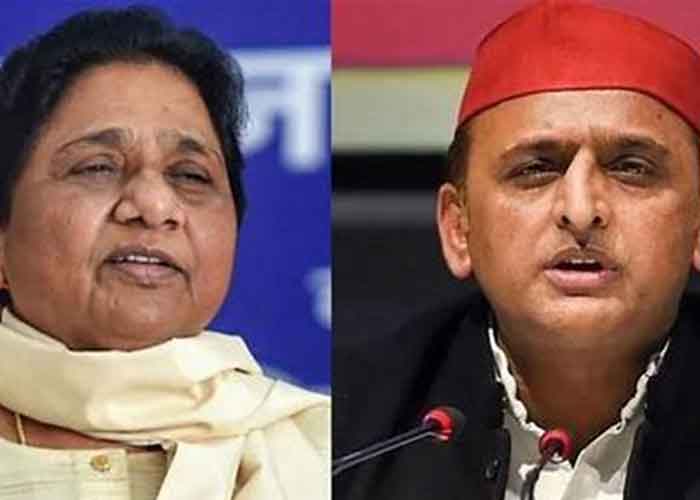The recent gangrape incident in Ayodhya has sparked a fierce political debate in Uttar Pradesh. Chief Minister Yogi Adityanath’s administration has come under intense scrutiny following the horrific crime, prompting the use of JCBs to demolish the accused’s properties as part of the state’s “bulldozer justice” approach. This action has drawn significant criticism and debate about the legality and fairness of such measures.

Source:- news 18
In contrast, Samajwadi Party leader Akhilesh Yadav has called for a DNA test of the accused, arguing that this is necessary to ensure justice and to prevent any potential manipulation of the investigation. His demand highlights the tension between political leaders regarding the proper course of action in high-profile criminal cases. Yadav’s stance reflects a demand for more rigorous forensic scrutiny in such cases, aiming to ensure that justice is both served and perceived to be served.
Source:- BBC news
Additionally, the incident has reignited memories of former Chief Minister Mulayam Singh Yadav’s controversial remark from 2013, where he had downplayed sexual assault by suggesting that such incidents are a common occurrence and that the perpetrators are often driven by their “hormones.” This remark, widely criticized for its insensitivity, has resurfaced in the current discourse, further complicating the political landscape. Critics argue that such statements contribute to a culture of impunity and undermine efforts to address sexual violence effectively.
The debate around the Ayodhya gangrape case underscores the broader issues of legal processes, political responses, and societal attitudes towards sexual violence. The actions and statements of political leaders are scrutinized not just for their immediate impact but also for their implications on the public’s trust in the justice system.
Share your views in the comments

